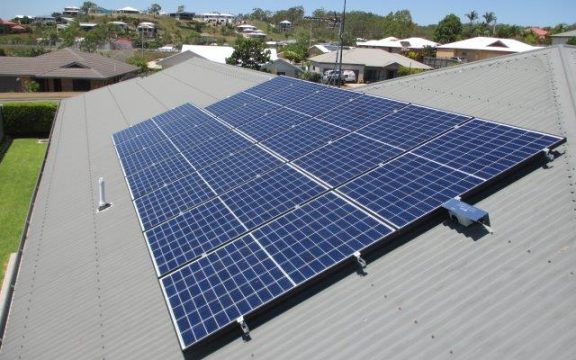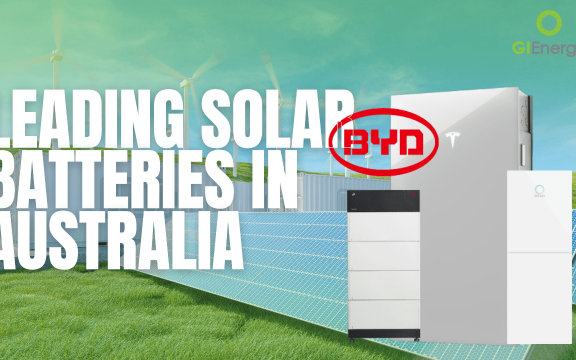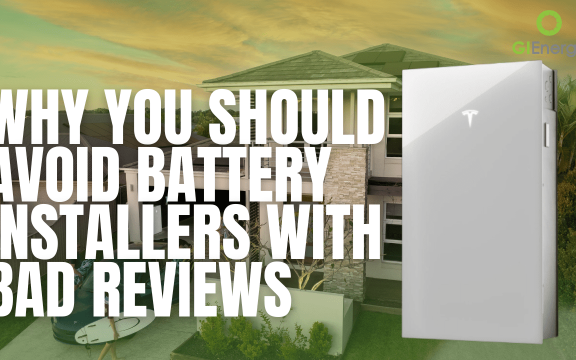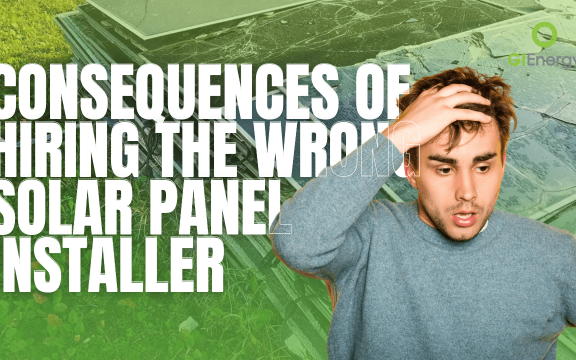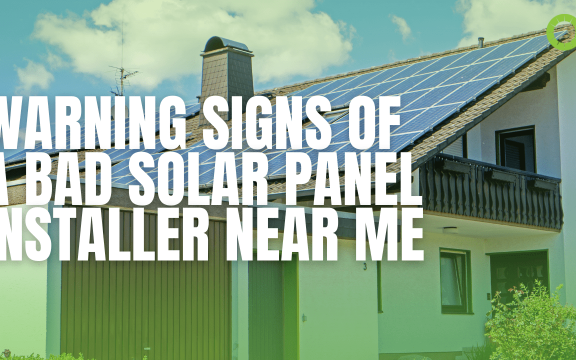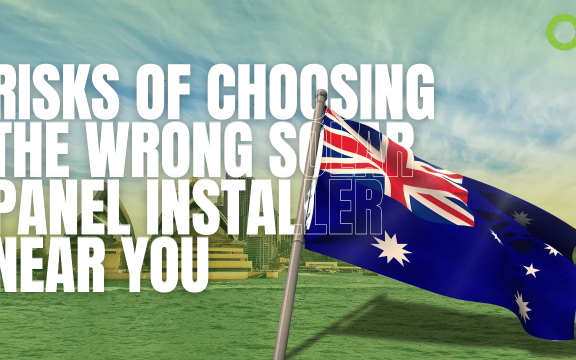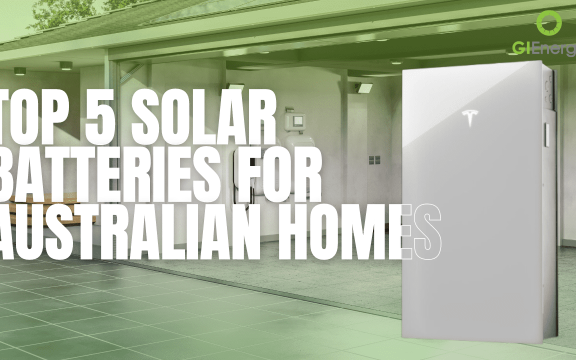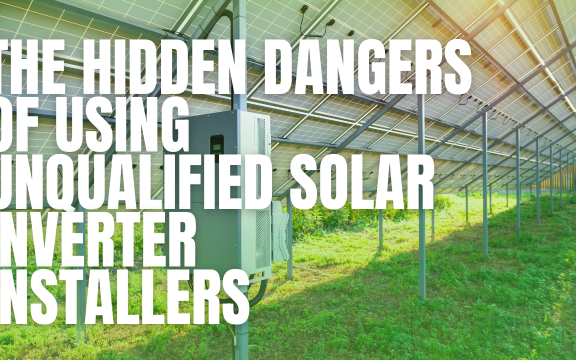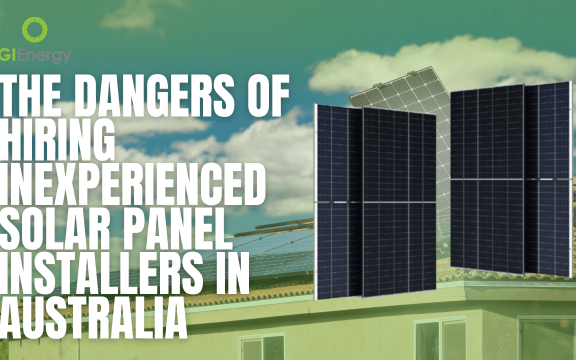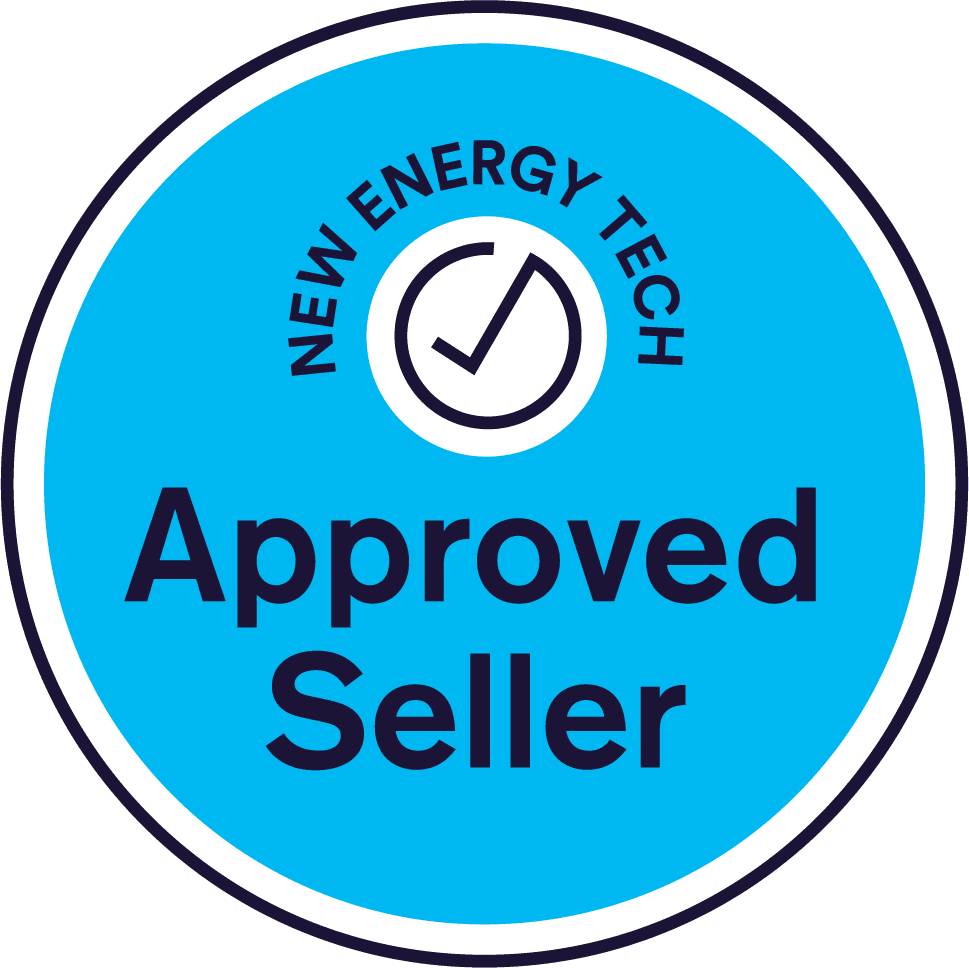Introduction
Choosing the right solar inverter installer is crucial to ensuring the efficiency and safety of your solar power system. Unfortunately, the market is rife with inexperienced and unqualified installers who can cause more harm than good. This blog post will help you identify the warning signs of a bad solar inverter installer before it’s too late.
Warning Signs of a Bad Solar Inverter Installer
Identifying a bad solar inverter installer can save you from costly mistakes and potential safety risks. Here are some red flags to watch out for:
-
Lack of Proper Certifications and Licenses: A reputable installer should have all the necessary certifications and licenses to perform installations. If an installer cannot provide proof of these credentials, it’s a major red flag.
-
Poor Customer Reviews and Testimonials: Always check online reviews and ask for references. Consistent negative feedback or the inability to provide recent testimonials is a warning sign.
-
High-Pressure Sales Tactics: Be wary of installers who pressure you into making quick decisions. Reputable installers provide you with all the information you need to make an informed choice without rushing you.
-
Inadequate Knowledge and Inability to Answer Questions: A good installer should be able to answer your questions confidently and clearly. If they struggle to explain basic concepts or avoid detailed discussions, it’s a sign of inexperience or lack of knowledge.
-
Unrealistically Low Quotes: While everyone loves a good deal, be cautious of quotes that seem too good to be true. Extremely low prices often mean corners are being cut, whether in materials, labor, or both.
Questions to Ask Potential Installers
To ensure you are hiring a competent and reliable solar inverter installer, ask the following questions:
-
What certifications and licenses do you have?: Verify their credentials to ensure they are qualified to perform the installation. They should have an electrical contractors license as well as a Solar Accreditation Australia (SAA).
-
What insurances do you have? They should be ab le to produce public liability insurance, professional indemnity insurance and work cover insurance.
-
Can you provide references from recent installations?: Speaking with past customers gives you insight into their work quality and reliability.
-
What is your process for assessing my specific needs?: A good installer should have a thorough assessment process to tailor the installation to your unique requirements.
-
How do you handle potential installation challenges?: Understanding their problem-solving approach can reveal their experience and capability.
-
What kind of after-installation support do you offer?: Post-installation support is crucial for maintaining the system and addressing any issues that arise.
Importance of Professionalism and Transparency
A professional and transparent solar inverter installer will stand out through:
-
Detailed and Clear Contracts: Ensure all terms and conditions are clearly outlined in the contract. Vague or missing details can lead to misunderstandings and additional costs.
-
Transparent Pricing and No Hidden Fees: A trustworthy installer provides a detailed quote with no hidden charges. Transparency in pricing builds trust and ensures there are no surprises.
-
Professional Demeanour and Communication: How an installer communicates with you is indicative of their professionalism. Look for clear, respectful, and responsive communication.
-
Willingness to Explain Technical Details: A good installer takes the time to explain the technical aspects of the installation and system operation, ensuring you understand how your investment works.
Consequences of Hiring a Bad Installer
The consequences of hiring a bad solar inverter installer can be severe:
-
Potential Financial Losses: Poor installation can lead to frequent repairs and maintenance, quickly eating into any initial cost savings.
-
Reduced System Efficiency and Performance: An improperly installed inverter won’t operate at peak efficiency, resulting in lower energy production and higher electricity bills.
-
Increased Safety Risks: Faulty installations can lead to electrical fires, shock hazards, and system failures, posing significant safety risks.
-
Voided Warranties: Many manufacturers’ warranties require installation by certified professionals. Hiring an unqualified installer can void these warranties, leaving you unprotected.
Choosing the Right Installer
To avoid these pitfalls, invest time in researching and vetting potential installers. Here are some key attributes to look for:
-
Certifications and Credentials: Ensure the installer is certified and has the necessary credentials.
-
Experience and Track Record: Look for an installer with a proven track record and extensive experience.
-
Customer Reviews and Testimonials: Positive reviews and testimonials indicate reliability and quality of work.
At GI Energy, we pride ourselves on our commitment to quality and safety. With over a decade of experience, we have built a reputation for excellence in solar installations. Our team of certified professionals ensures that every installation meets the highest standards, providing you with a reliable and efficient solar power system.
Conclusion
Choosing the right solar inverter installer is crucial to avoid costly errors and safety risks. By watching for warning signs, asking the right questions, and prioritizing professionalism and transparency, you can ensure a successful installation. At GI Energy, we treat our customers like family, providing exceptional service and ensuring your solar investment delivers maximum benefits. Contact us today to schedule a consultation and take the first step towards a safer and more efficient solar power system.
Bonus: Choosing the Right Solar Panel Installer – Tips and Recommendations
Some other links you may find useful:
Understanding your usage – the kWh, consumption, and monitoring






